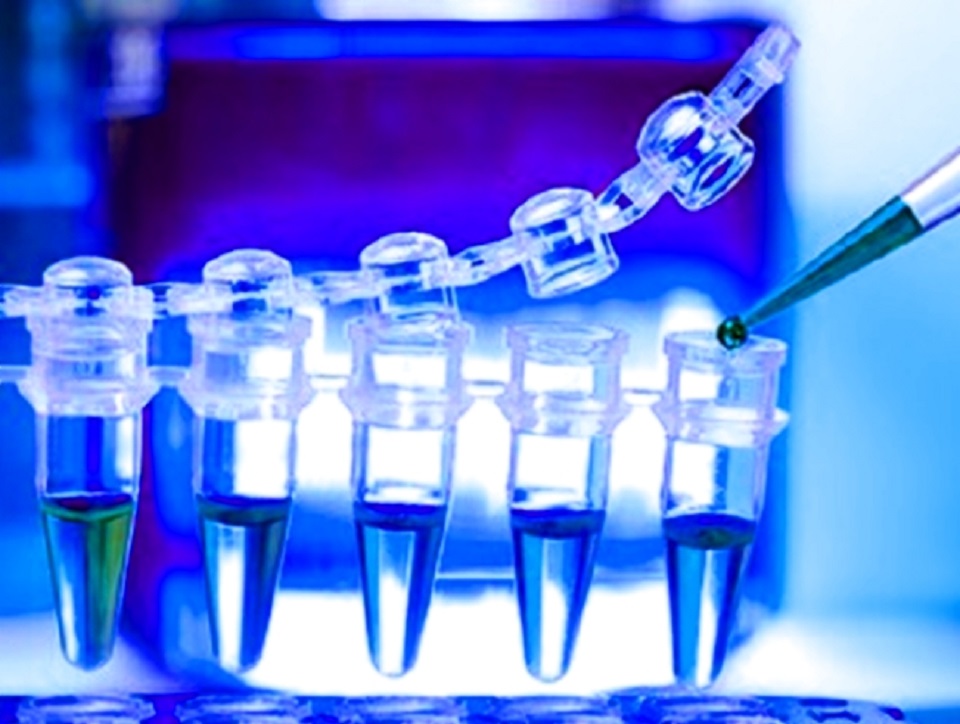Korean drugmakers made technology export of 9.1 trillion won ($8.18 billion) in the first 10 months of this year, hitting a record high amid the Covid-19 pandemic, an industry group said recently.
According to a report by the Korea Pharmaceutical and Bio-Pharma Manufacturers Association (KPBMA), domestic drug developers have signed 12 technology transfer deals worth 9.1 trillion won as of October, an all-time high for the January-October period
Bio companies with drug delivery system (DDS) technology showed the most remarkable performance, it said.

Transferring original technologies is attractive as it accompanies a high potential for expanding drug developments compared to simply selling new drug candidates, the association said.
In the case of the original technology transfer, even if a company could not develop one drug candidate, the firm can apply it to other materials' research, reducing the burden of failure. The company can also sign multiple contracts with a non-exclusive license, it added.
Alteogen, a biopharmaceutical research and development company, marked the export of 4.6 trillion won with its human hyaluronidase technology (ALT-B4). The deal was the largest since 2015 when Hanmi Pharmaceutical transferred the technology of its diabetes treatment candidate to Sanofi for 5.18 trillion won.
ALT-B4 is a drug candidate that hydrolyzes subcutaneous hyaluronic acid to change the delivery method from intravenous to subcutaneous administration, increasing patient convenience with an injection time less than five minutes. It can replace general intravenous injections with subcutaneous drugs.
Alteogen also has registered patents for its Eylea biosimilar, an original macular degeneration treatment in several countries, including the U.S.
“We are glad to work with the global leader in antibody therapeutics,” Alteogen CEO Park Soon-jae said. “We have confirmed that global pharmaceutical companies recognized ALT-B4 technology.”
Hanmi Pharmaceutical signed a technology transfer contract with the U.S. MSD for 1 trillion won.
MSD signed a licensing agreement to develop and commercialize Hanmi Pharmaceutical’s GLP glucagon receptor, a candidate for non-alcoholic steatohepatitis (NASH).
The contract amount reached $870 million, including $860 million for milestone payments for each stage of development, approval, and marketing plus a $10 million non-refundable down payment.
“The drug candidate, developed as a new therapy for obesity and diabetes, has been recognized for its potential to treat chronic metabolic diseases, including NASH,” a Hanmi official said. “Our case shows that frequent failures in drug developments can lead to performance.”
LegoChem Biosciences, a company specializing in researching new drugs, signed a 760 billion won deal with Iksuda Therapeutics.
The company agreed to transfer the original technology of its antibody-drug complex (ADC) and sold out ADC-based candidates to Iksuda Therapeutics. ADC is a technology that improves therapeutic effect by accurately delivering drugs bound to antibodies to antigens.
LegoChem Biosciences said that its second drug candidate would enter global clinical trials for immunotherapy following LCB73, which was transferred to Iksuda in May.
ABL Bio and LegoChem Biosciences have recently signed an agreement to develop antibody-drug conjugates jointly.
The agreement came after signing a contract worth about 410 billion won with Cstone Pharmaceuticals in China to transfer the technology of a jointly developed ADC candidate (ABL202).
“Domestic companies mainly exported drugs in the past, but recently, the number of technology transfer deals has been increasing,” the association said. “This shows great implications for the development of the Korean pharmaceutical and bio-industry in that our companies began to export their technology.”

